Big congratulations to Dr. Ane Rahbek Vierø – she defended her thesis yesterday, on Network Analysis of Denmark’s Bicycle Infrastructure: Data & Infrastructure for All? 🥳 🎓 We are proud about Ane’s brilliant scientific accomplishments that have also started to have a big practical impact on bicycle network planning nationally and internationally.
Supervisor: Michael Szell
Committee: Michele Coscia, Trine Agervig Carstensen, Trivik Verma
Read her thesis here: https://en.itu.dk/Research/PhD-Programme/PhD-Defences/PhD-Defences-2025/May/Ane-Rahbek-Vier_
The thesis spans 5 papers that advance data and network analysis of bicycle infrastructure, from the 3 perspectives of 1) data foundations, 2) spatial patterns of bikeability, 3) linking research and planning. Unique achievements are the analysis of a whole country’s (Denmark’s) bicycle infrastructure and network, with the creation of open source tools. The thesis also concludes a project funded by the Danish Ministry of Transport / Road Directorate.
In her research Ane reveals that bicycle infrastructure data often suffer from inconsistencies and low quality, reflecting historical underinvestment in active mobility data. This data heterogeneity creates an information gap and necessitates extensive preprocessing, creating barriers to cycling research and planning. Additionally, she finds that bikeability and access to low-stress cycling infrastructure are highly spatially clustered, with substantial disparities between urban and rural areas. While urban areas generally benefit from better cycling conditions, large segments of the Danish population are deprived of the advantages of active mobility. The geographical differences in bicycle infrastructure access and data quality highlight the need for a spatial perspective in cycling research. Finally, she demonstrates that data-driven tools can aid bicycle planning by generating insights into complex planning questions that involve large geographical areas.
With her PhD completed, Ane has already started a research position at Roskilde University, where she remains at least for the short term. We are both sad to “lose” Ane with her friendly, collegial spirit and unreplaceable skill set, and happy for her success and positive impact in the world. That being said, we are not finished collaborating, and will always be happy to see Ane around.

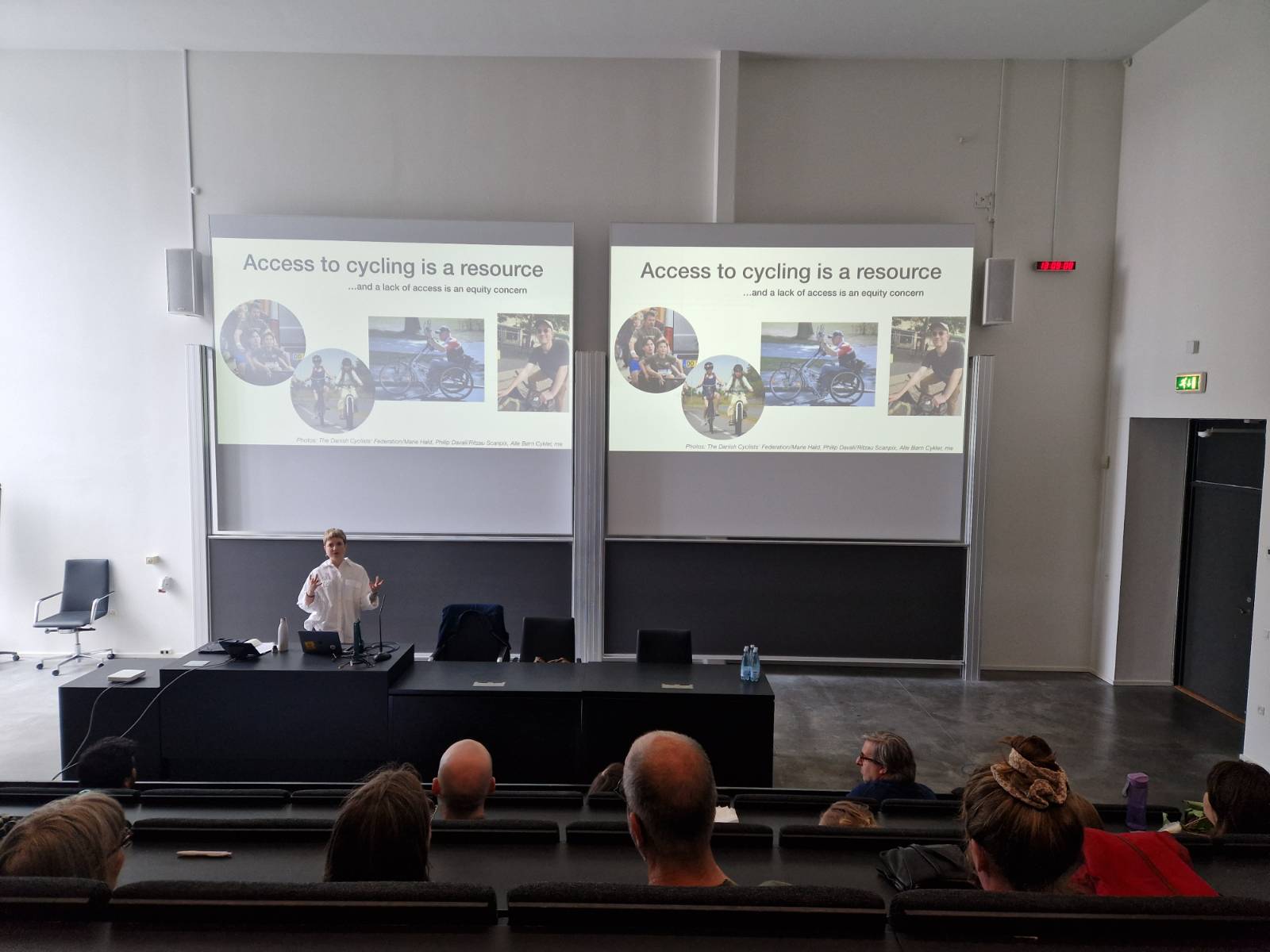
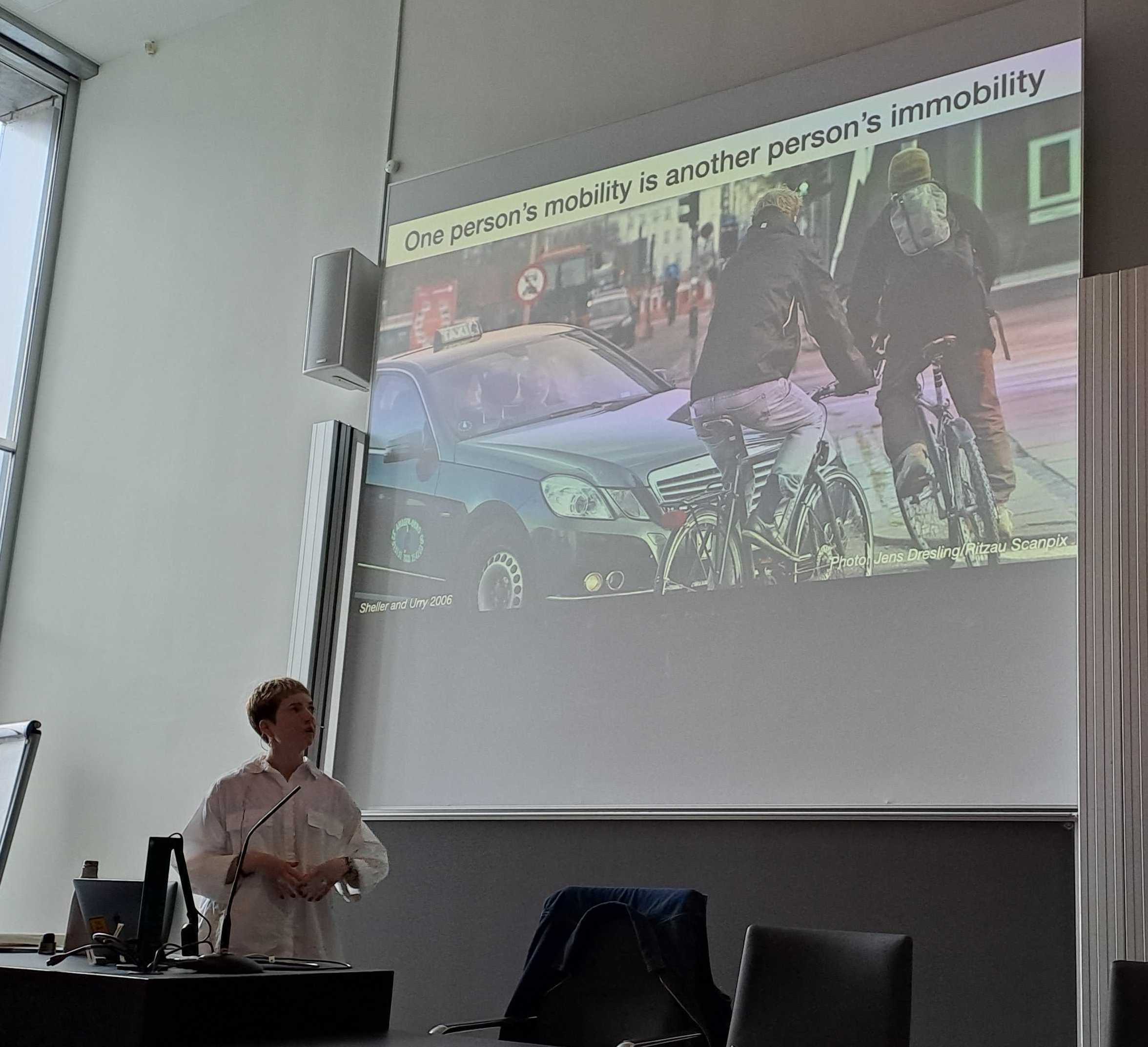
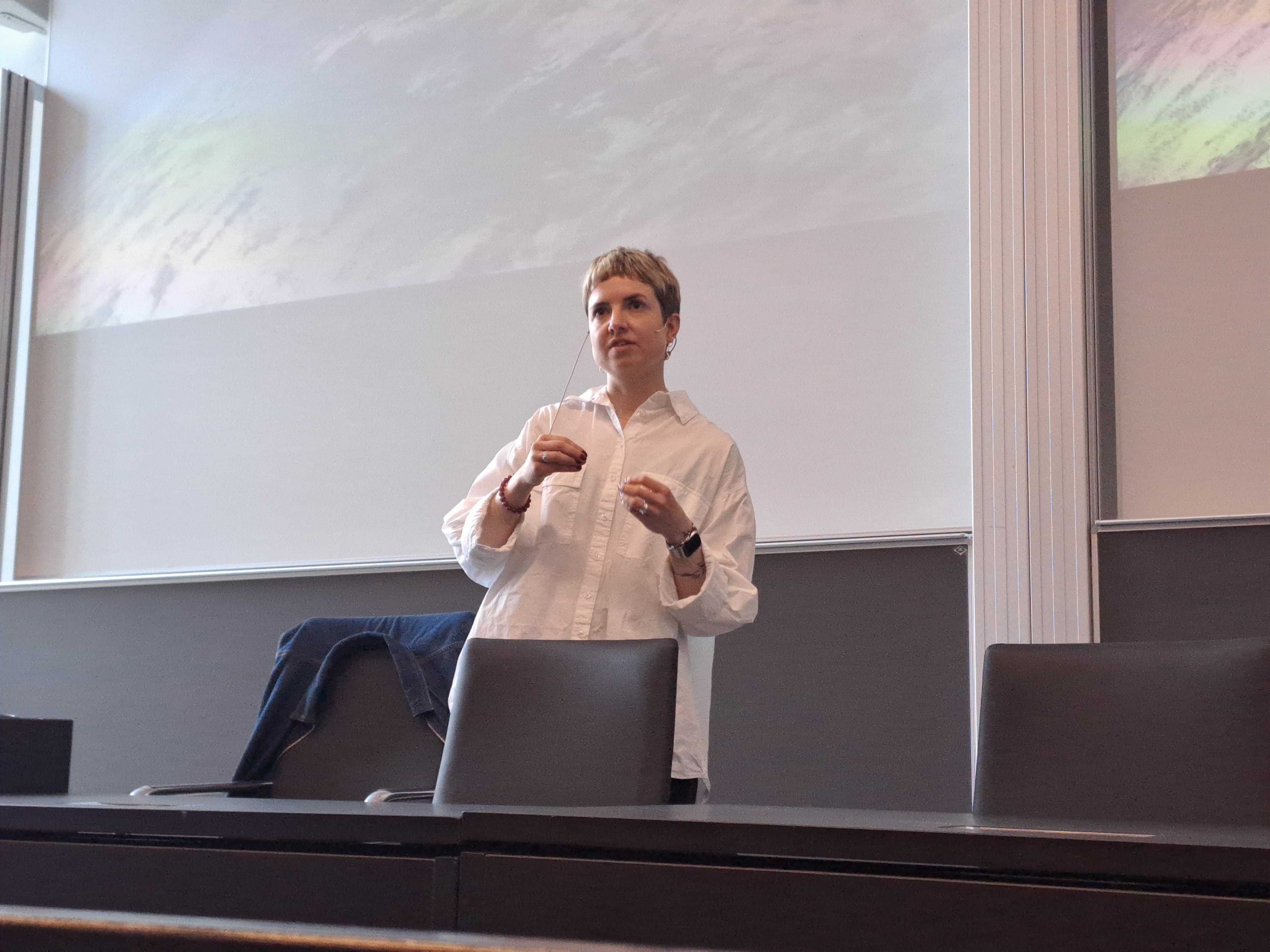
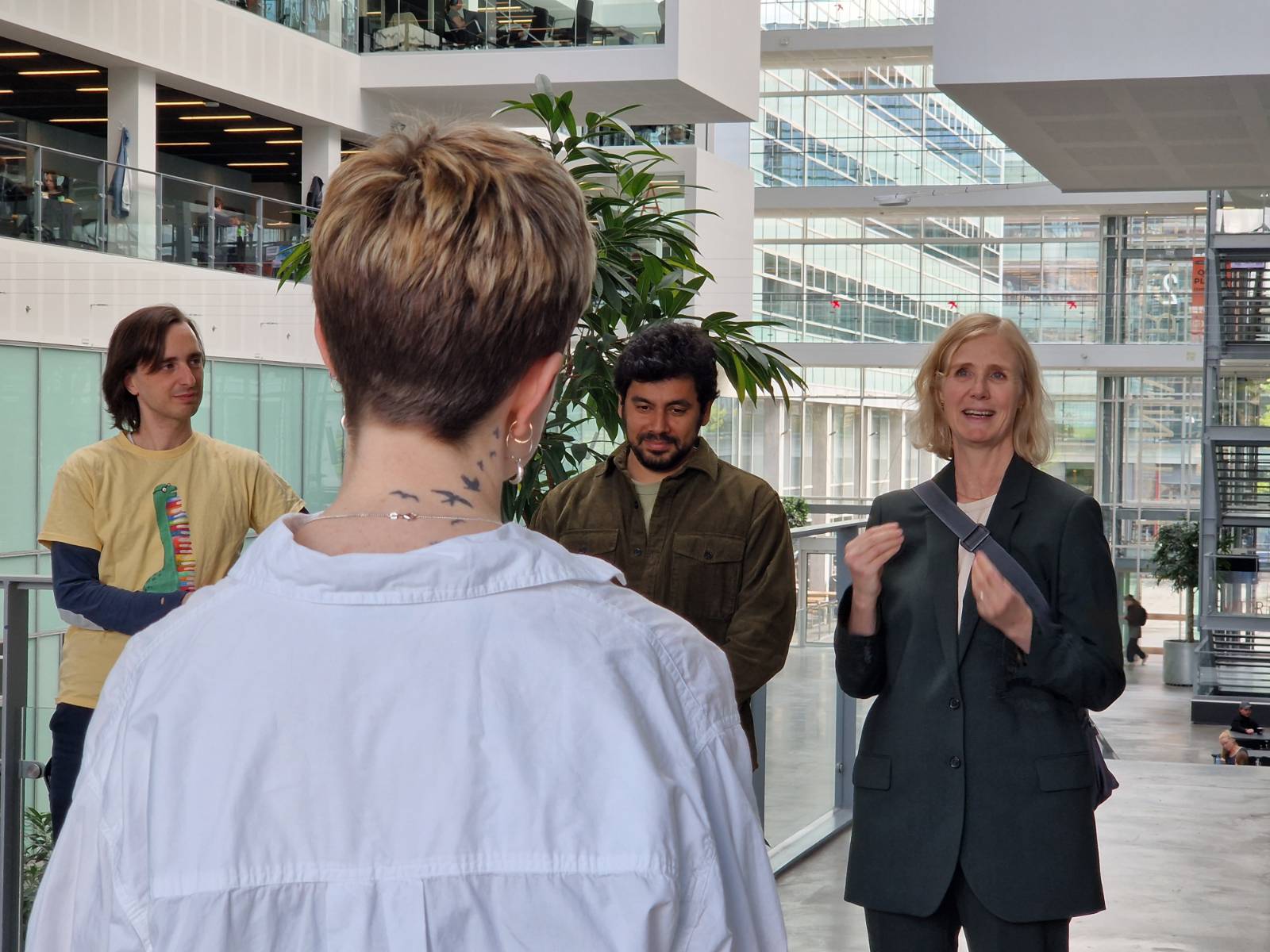
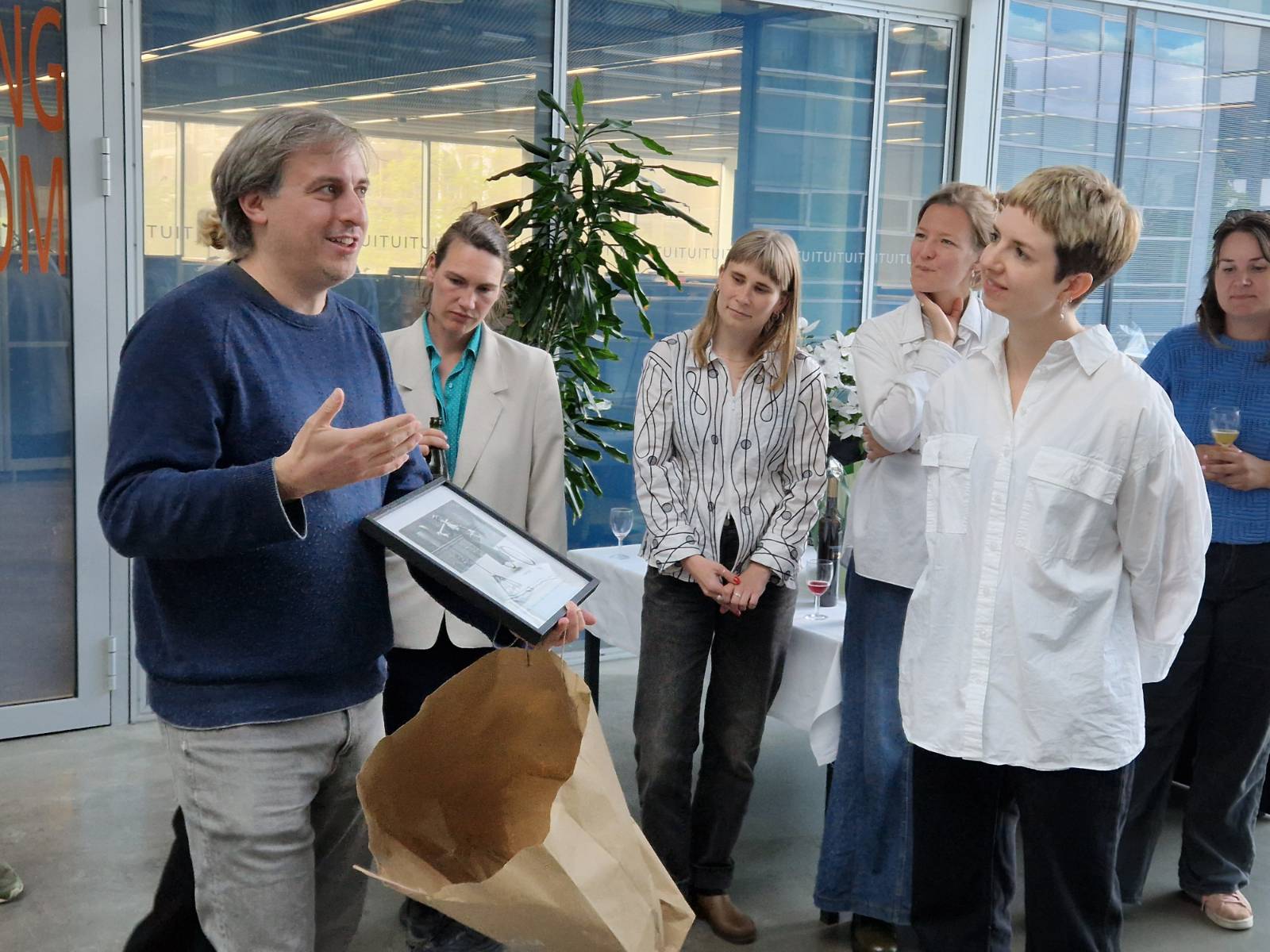
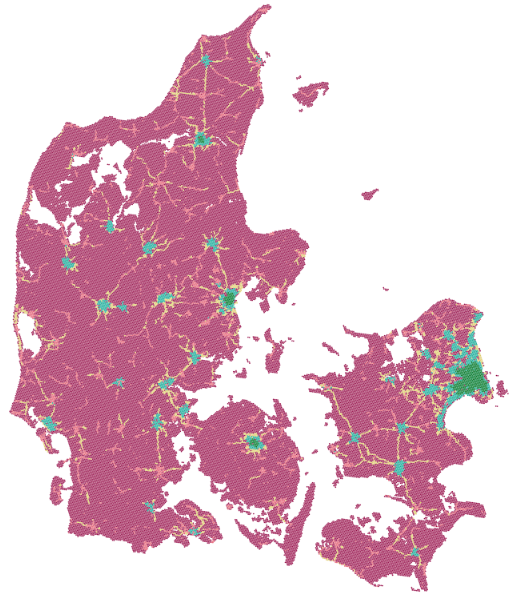
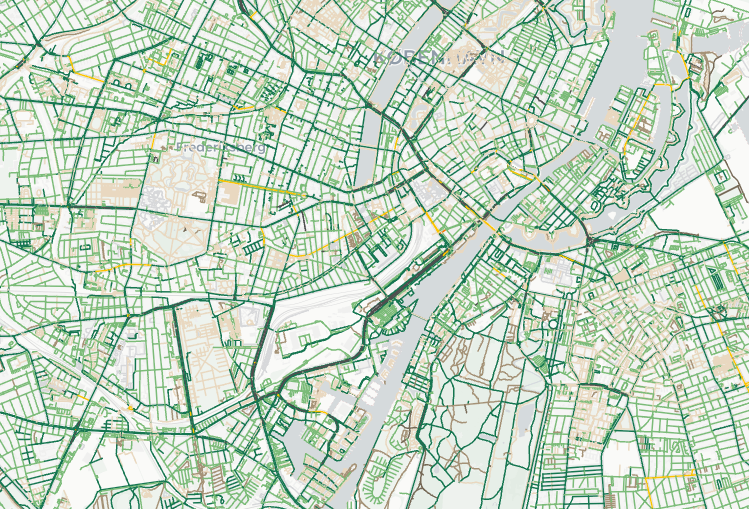
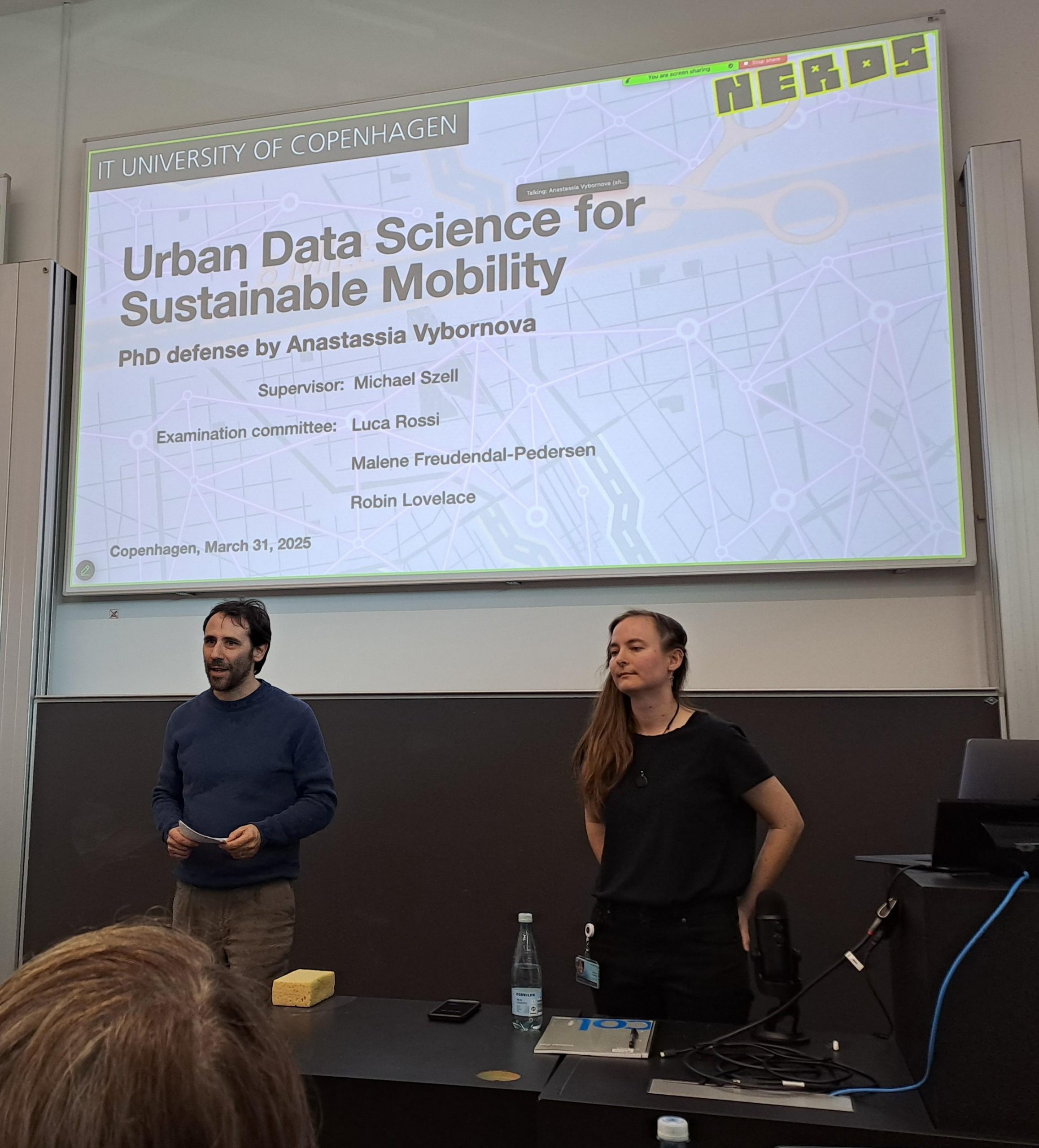
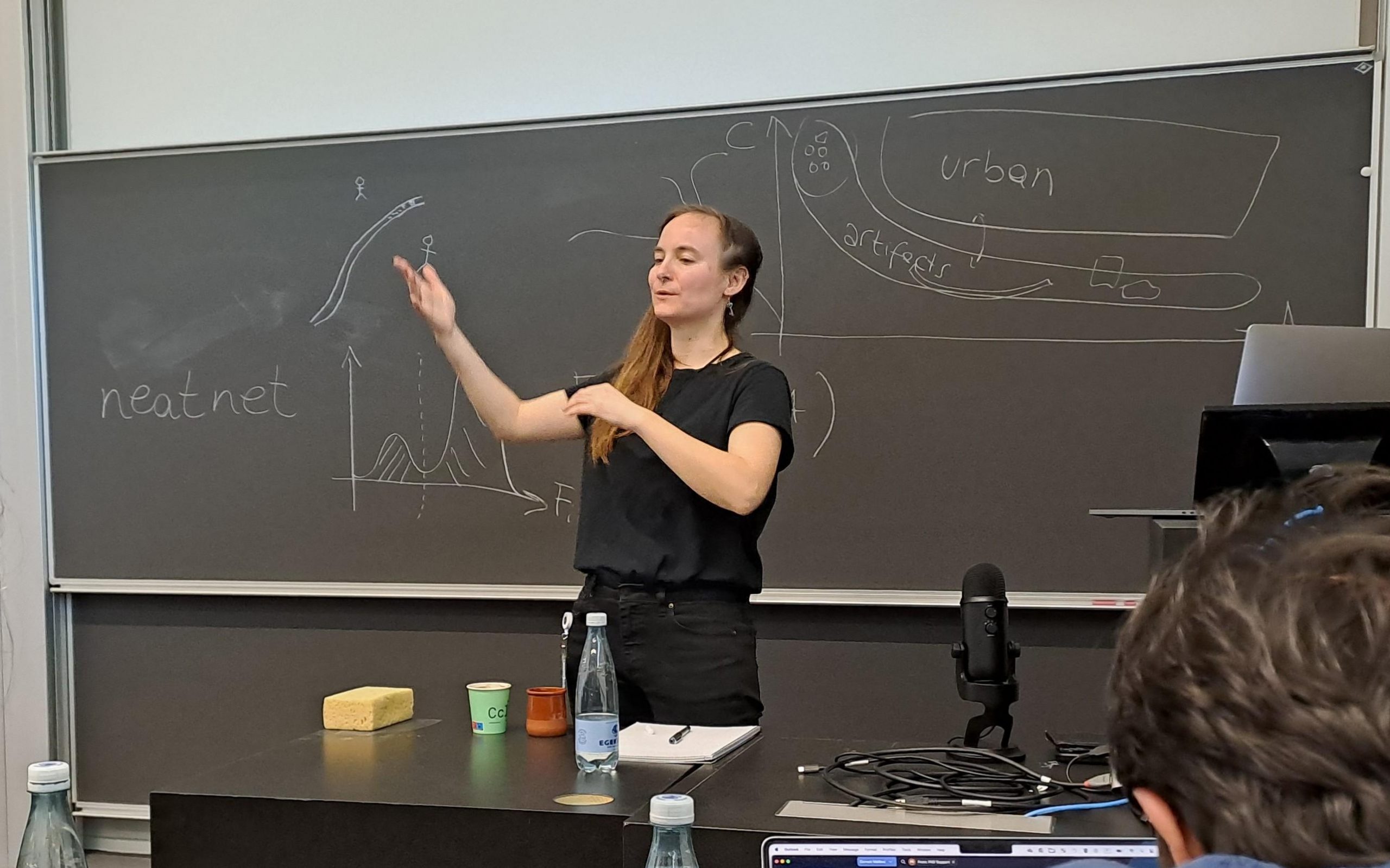
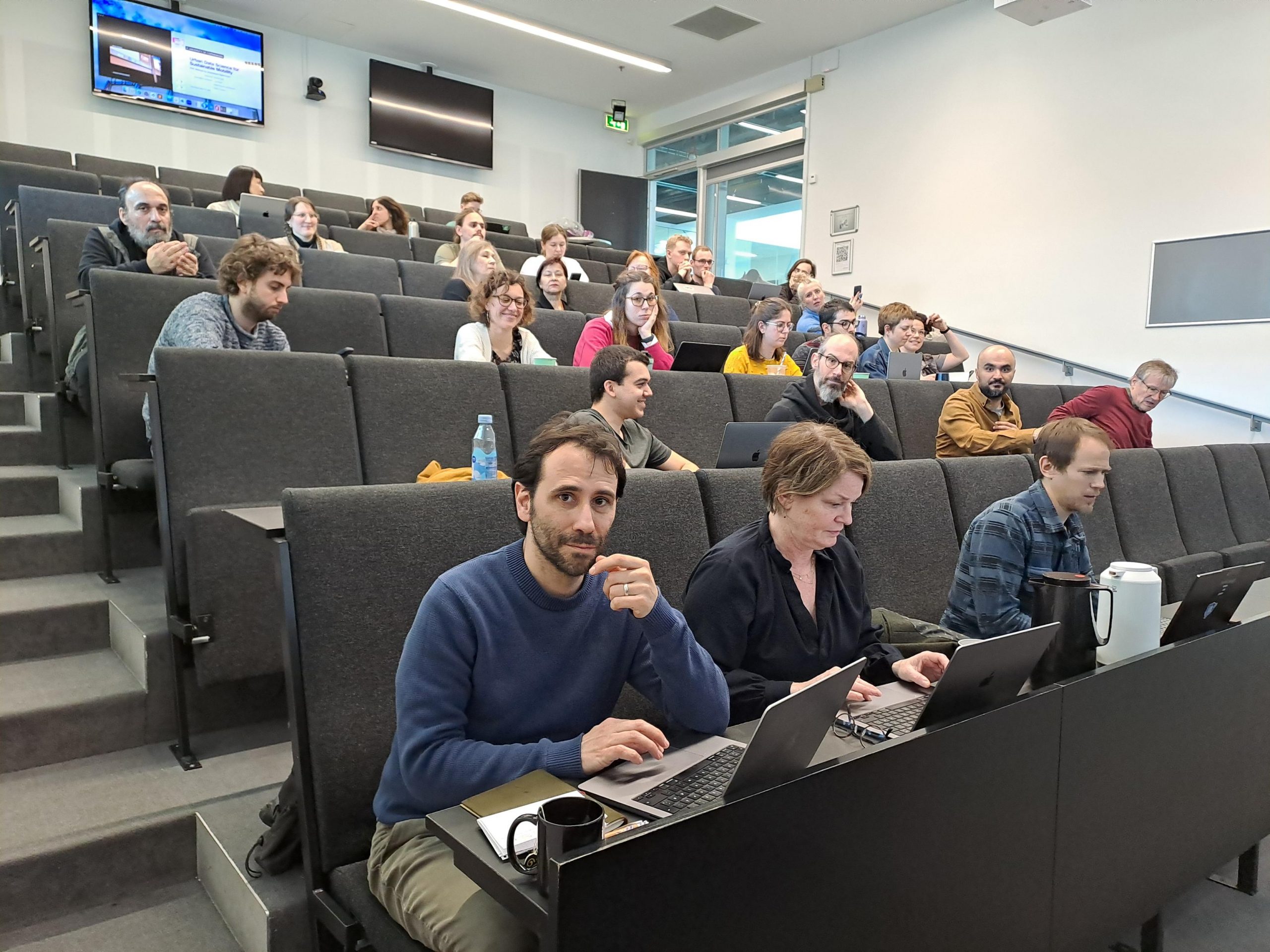
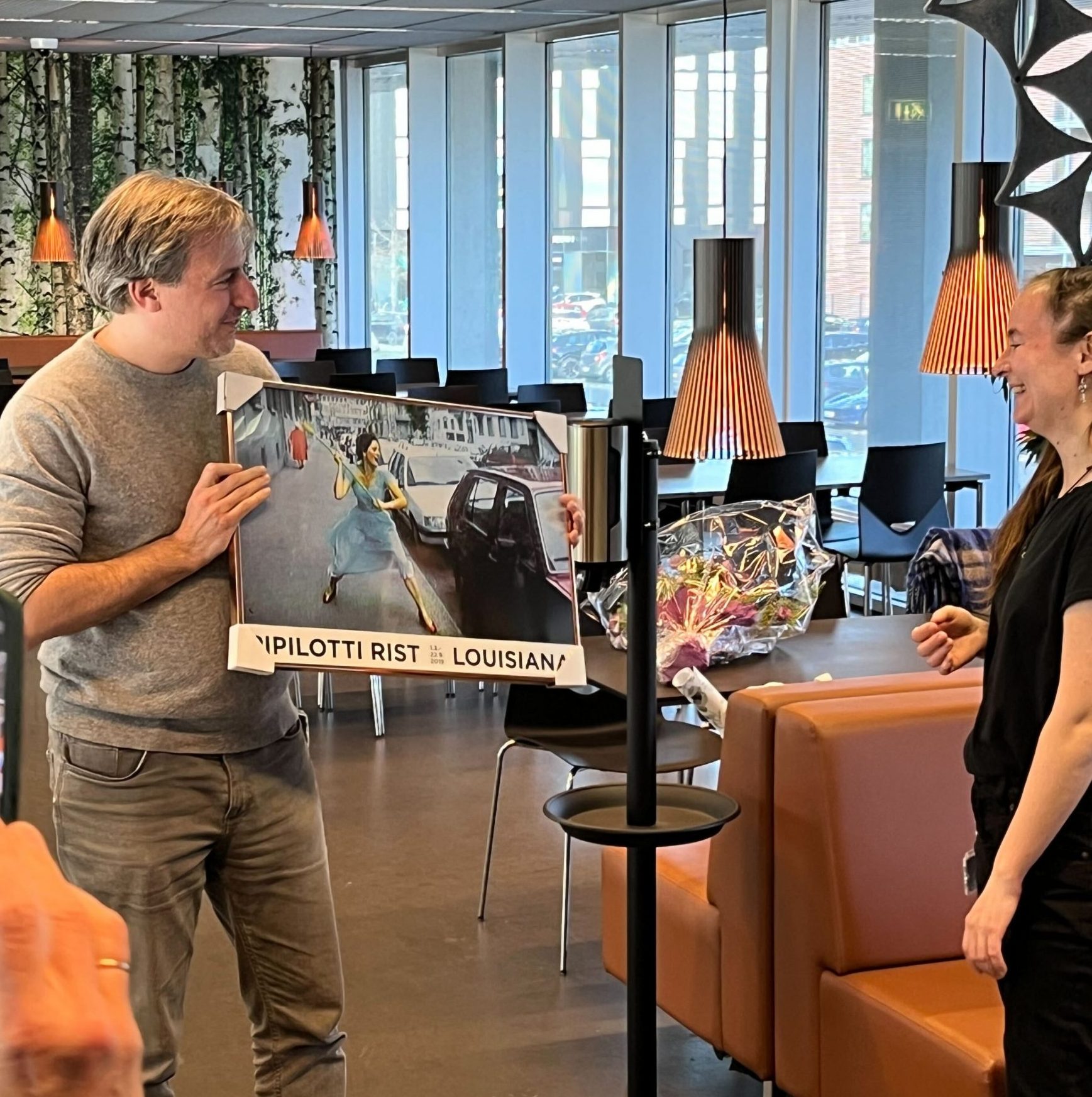
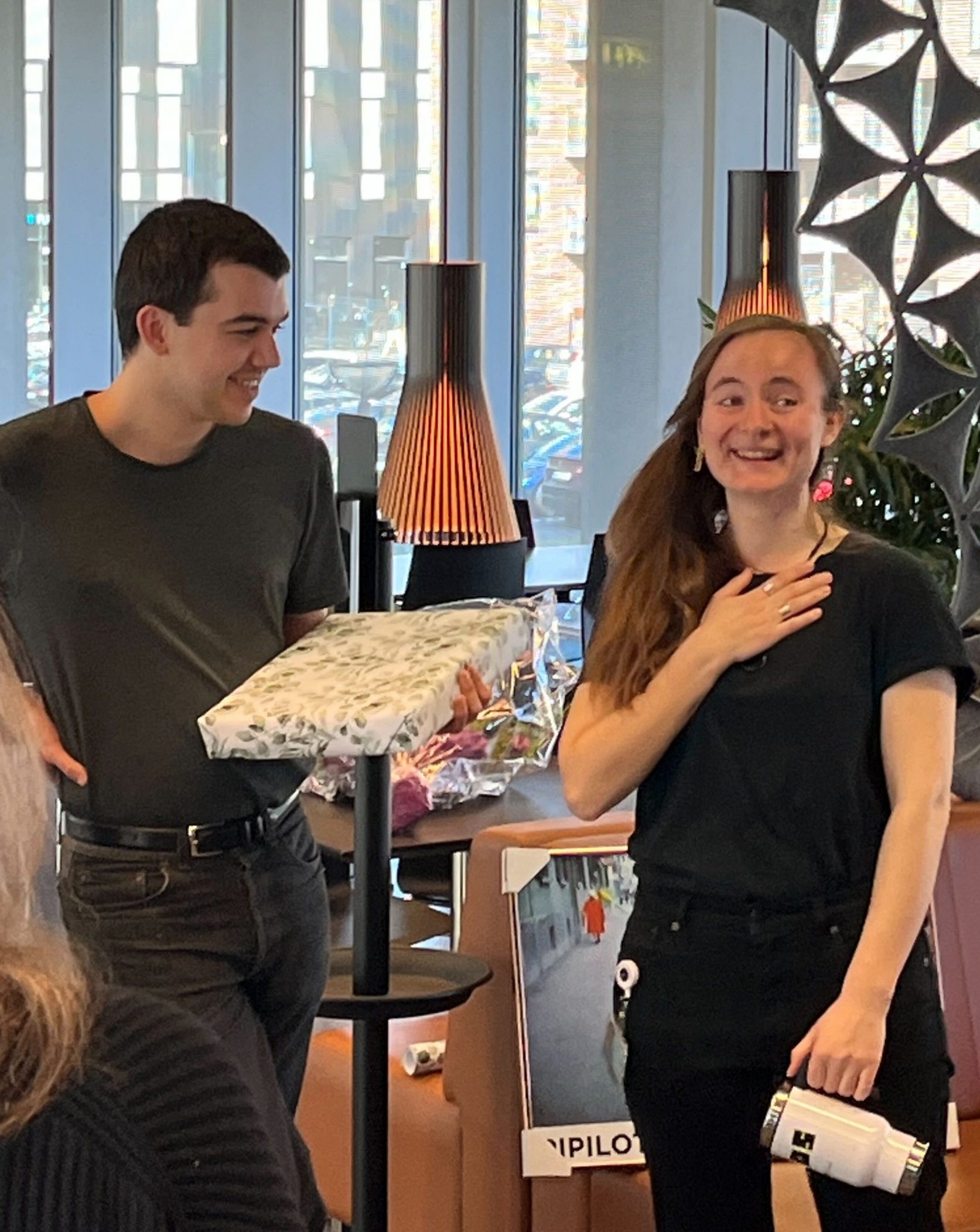
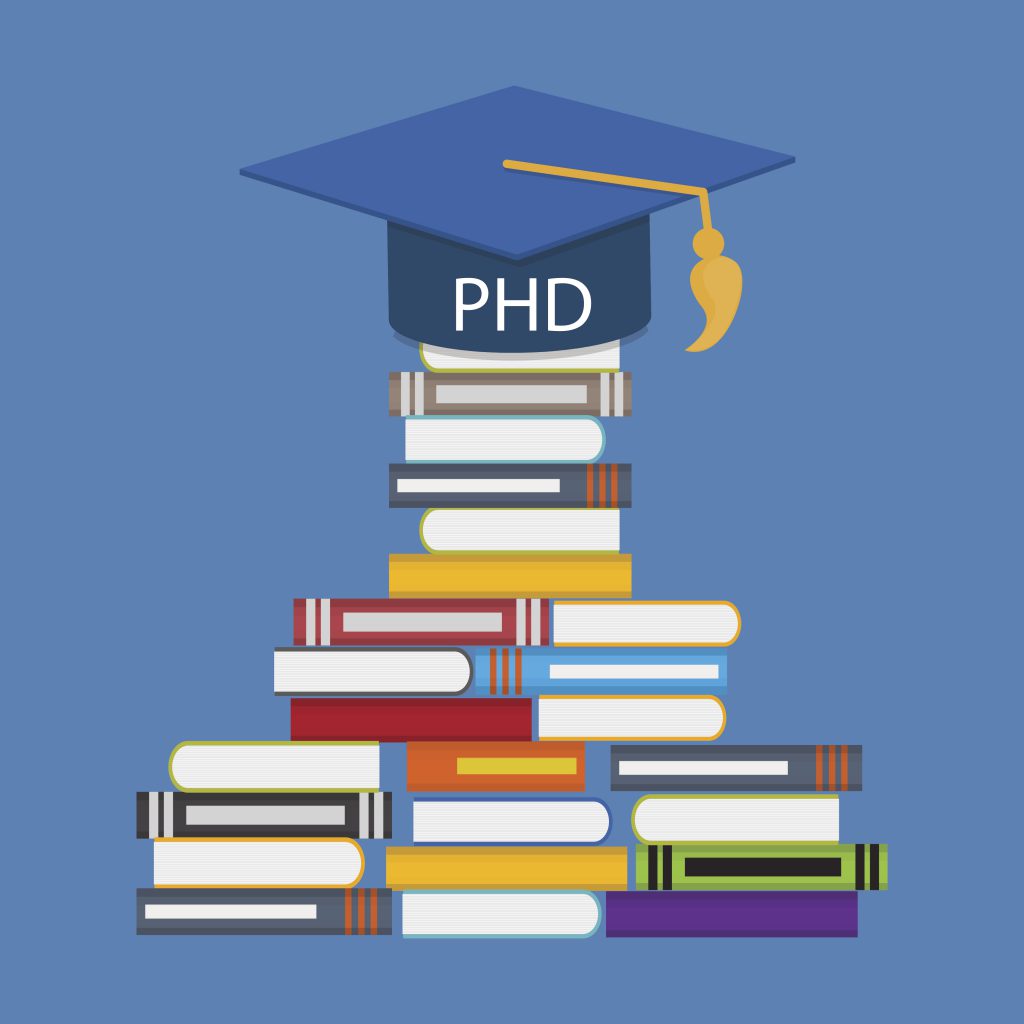

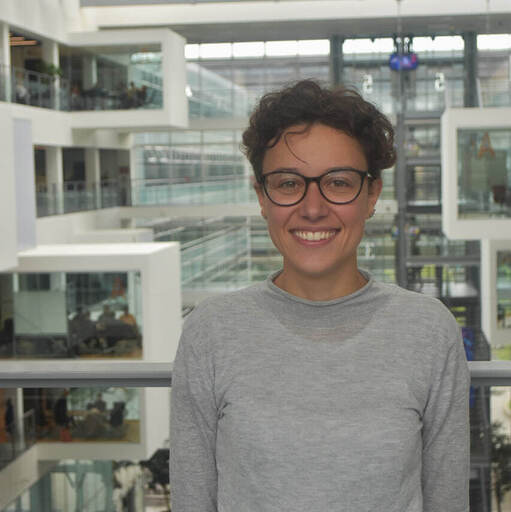
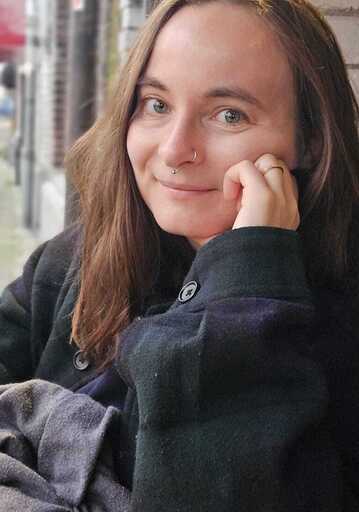
 Anders joins us as PhD student, coming from the University of South Denmark, where he was working on machine learning methods.
Anders joins us as PhD student, coming from the University of South Denmark, where he was working on machine learning methods.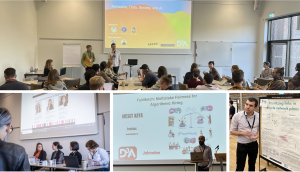
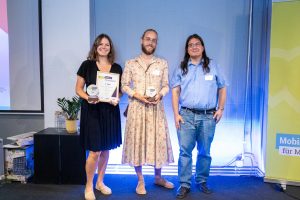
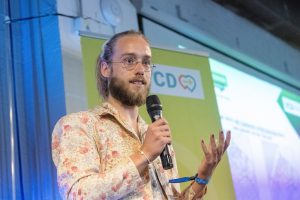

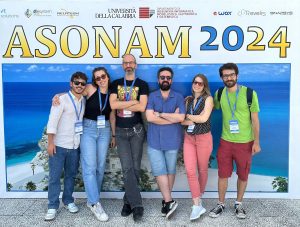
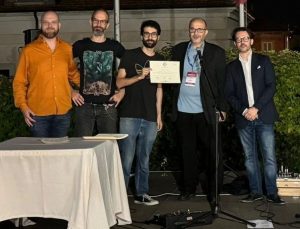
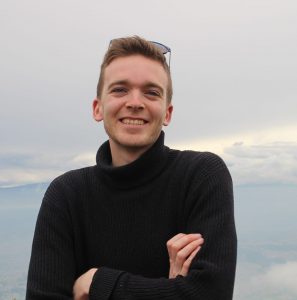 Lasse is a co-financed PhD student and at the center of a multi-partnered research project! He will work at the intersection of the Danish Police (financial crimes section), the AI Pioneer Center, and NERDS @ ITU. His project will focus on the application and development of network science tools to fight financial crimes. He has valuable abroad experience, having received his master degree in Israel and he will be with us for four years.
Lasse is a co-financed PhD student and at the center of a multi-partnered research project! He will work at the intersection of the Danish Police (financial crimes section), the AI Pioneer Center, and NERDS @ ITU. His project will focus on the application and development of network science tools to fight financial crimes. He has valuable abroad experience, having received his master degree in Israel and he will be with us for four years.